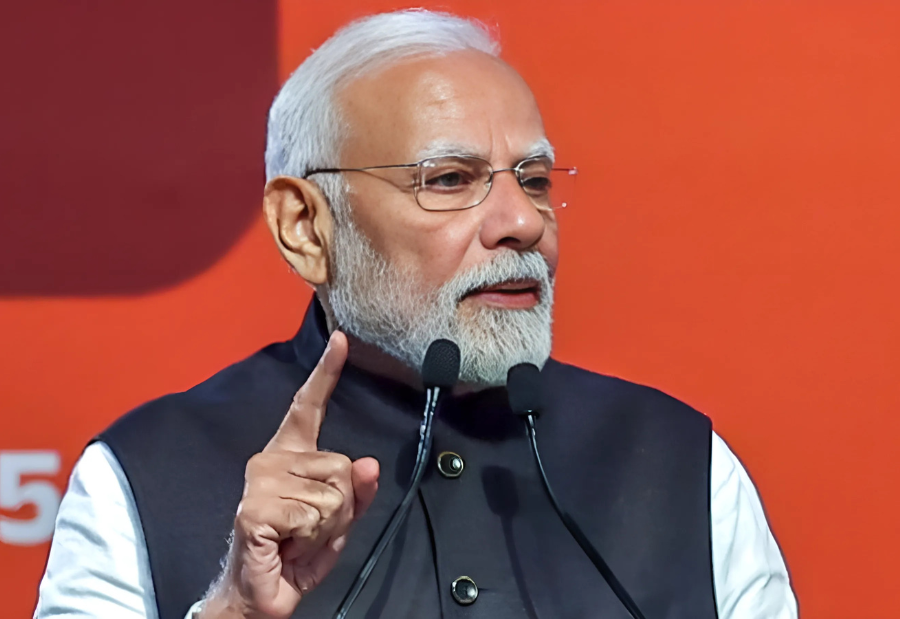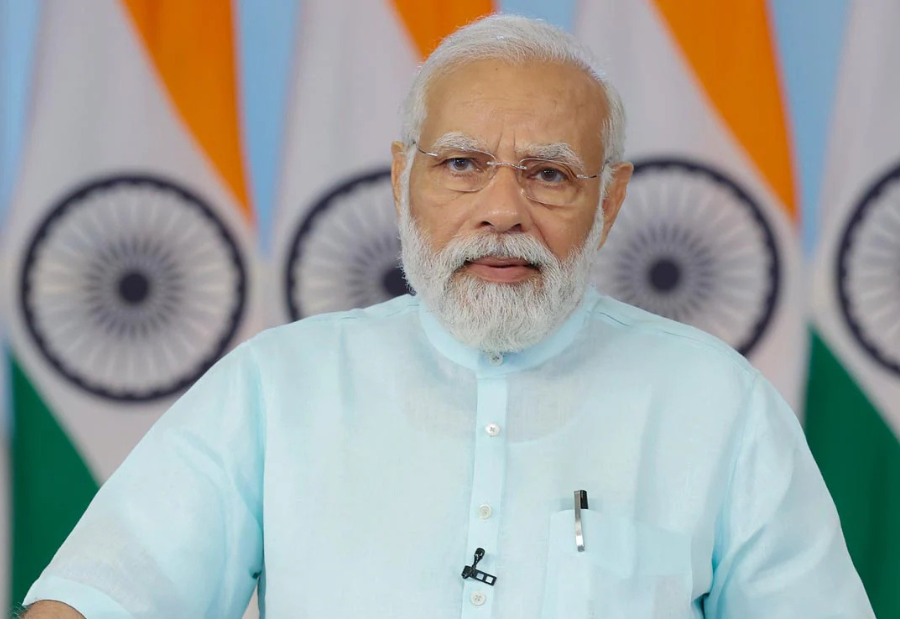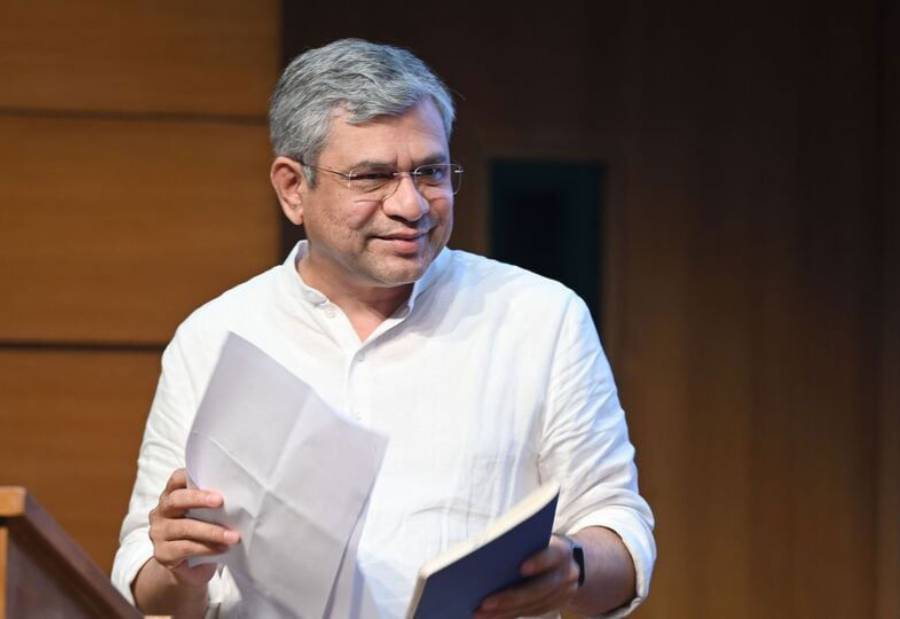Prime Minister Narendra Modi on Sunday called on Indian technology companies to give priority to the country’s own needs, even as they continue to make a global mark. Speaking in Bengaluru after inaugurating a new metro rail line, he said India must accelerate the creation of new products, especially as software and apps are now used in every sector.
“While Indian tech companies have made a mark globally, developing software and products for the entire world, it is time to prioritise India’s own needs,” the Prime Minister said. He urged the industry to strengthen manufacturing and lead in emerging fields, aiming for “zero defect, zero effect” standards, meaning no compromise on quality and no harm to the environment.
The address came amid growing trade tensions after US President Donald Trump imposed a 50 percent tariff on Indian goods, linked to New Delhi’s continued imports of Russian oil. Modi also highlighted the role of indigenous technology in Operation Sindoor, saying it enabled India to destroy terrorist hideouts deep across the border, forcing Pakistan “to its knees” within hours.
He praised Bengaluru’s contribution to the mission and announced that India is investing in AI-powered threat detection to ensure the benefits of the digital revolution reach every citizen.
Pointing to India’s economic rise, Modi said the country has moved from being largely import-driven to becoming a top exporter in many sectors. Total exports have grown from 468 billion dollars before 2014 to 824 billion dollars today, with electronics exports rising from 6 billion to 38 billion dollars. India is now among the top five exporters of mobile handsets.
He added that India is advancing towards “global AI leadership” through initiatives like the India AI Mission and the Semiconductor Mission, with Bengaluru playing a key role in producing a Made-in-India chip. He also noted India’s record of low-cost, high-tech space missions benefiting the poor.
Modi emphasised the need for smart, efficient cities with strong urban infrastructure and highlighted an innovative model where companies co-funded metro stations through CSR. Calling for closer cooperation between the Centre and states, he cited reforms such as the Jan Vishwas Bill and announced plans for Jan Vishwas 2.0, urging states to remove outdated laws and focus on targeted development in aspirational districts and blocks.
Also read: Viksit Workforce for a Viksit Bharat
Do Follow: The Mainstream formerly known as CIO News LinkedIn Account | The Mainstream formerly known as CIO News Facebook | The Mainstream formerly known as CIO News Youtube | The Mainstream formerly known as CIO News Twitter |The Mainstream formerly known as CIO News Whatsapp Channel | The Mainstream formerly known as CIO News Instagram
About us:
The Mainstream formerly known as CIO News is a premier platform dedicated to delivering latest news, updates, and insights from the tech industry. With its strong foundation of intellectual property and thought leadership, the platform is well-positioned to stay ahead of the curve and lead conversations about how technology shapes our world. From its early days as CIO News to its rebranding as The Mainstream on November 28, 2024, it has been expanding its global reach, targeting key markets in the Middle East & Africa, ASEAN, the USA, and the UK. The Mainstream is a vision to put technology at the center of every conversation, inspiring professionals and organizations to embrace the future of tech.




